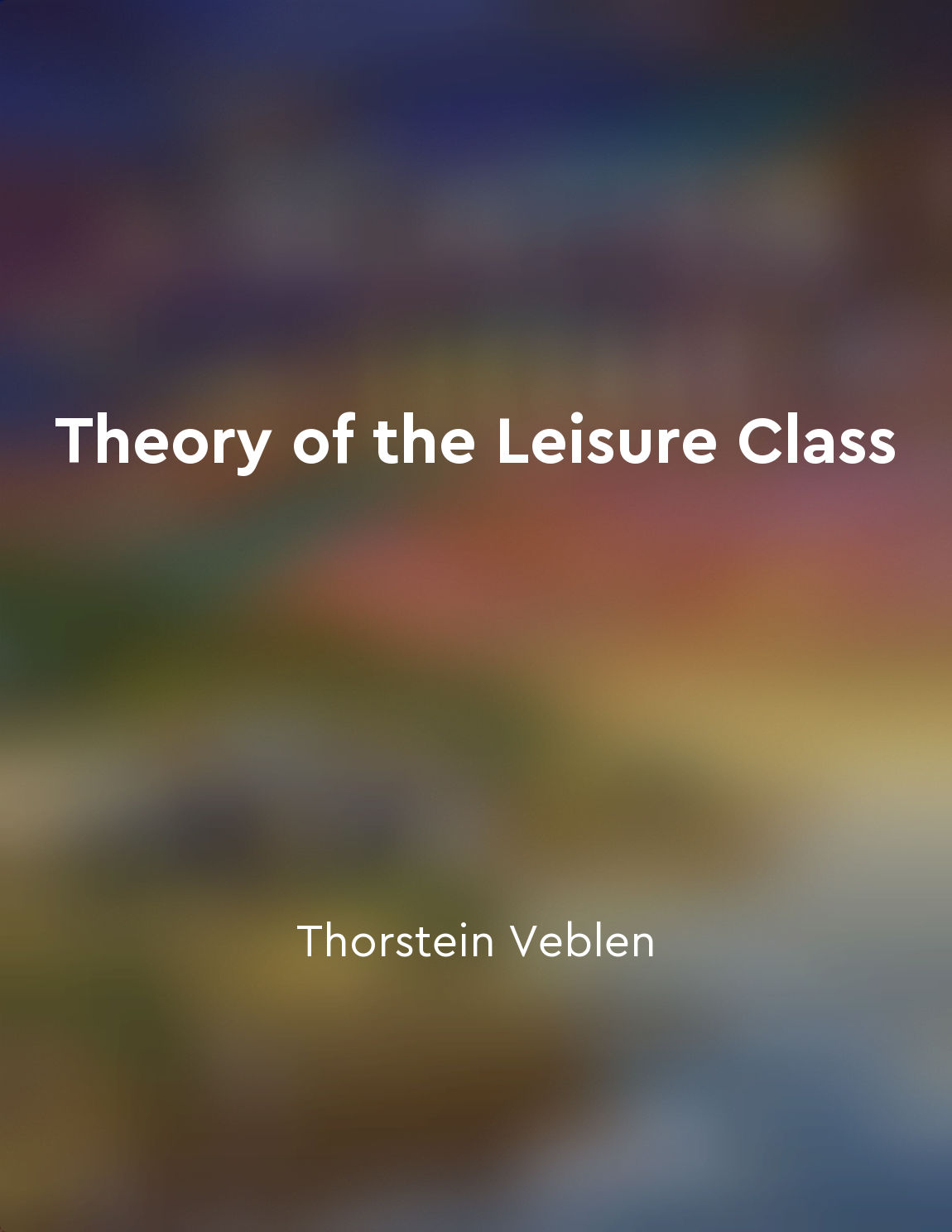Audio available in app
Biological roots of human behavior from "summary" of Evolutionary Psychology by David Buss
Human behavior is not solely a product of culture, learning, or socialization. Instead, it has deep biological roots that have been shaped by the process of evolution. Evolutionary psychology seeks to understand the ways in which our behavior has been influenced by our genetic heritage, inherited from our ancestors over millions of years. The basic premise of evolutionary psychology is that the human mind, like the human body, is a product of adaptation through natural selection. Just as physical traits such as bipedalism, opposable thumbs, and the ability to speak have evolved to enhance our survival and reproductive success, so too have our psychological mechanisms evolved to help us navigate the complex social world in which we live. One key insight of evolutionary psychology is that many aspects of human behavior can be understood as adaptations to ancestral environments. For example, our fear of snakes and spiders, our preference for sweet and fatty foods, and our ability to form strong emotional bonds with others can all be traced back to the challenges faced by our prehistoric ancestors. Another important concept in evolutionary psychology is that of reproductive success. Evolutionary psychologists argue that many of our behaviors, such as mate selection, parenting strategies, and aggression, can be understood as strategies for maximizing our chances of passing on our genes to future generations. In this view, behaviors that increase our reproductive success are more likely to be passed on to future generations, leading to the evolution of specific psychological mechanisms to support them.- Evolutionary psychology offers a powerful framework for understanding the ways in which our minds have been shaped by the forces of evolution. This perspective can help us make sense of a wide range of human behaviors, from the seemingly irrational to the deeply ingrained. Ultimately, evolutionary psychology reminds us that we are not separate from the natural world, but deeply connected to it through the shared history of our evolutionary past.
Similar Posts

Conspicuous Leisure signifies Higher Status
Conspicuous leisure, as a reflection of higher social status, plays a crucial role in the social structure of any society. This...
Socialization begins at an early age
The process of socialization begins when we are just infants. Even before we can speak, we are absorbing information from the w...
Genetic diversity is crucial for survival
Genetic diversity is crucial for survival. Imagine a population of organisms facing a new environmental challenge. If every ind...

The study of archaeological evidence can help us reconstruct past human societies
Archaeology provides a window into the lives of ancient peoples. By studying artifacts left behind by past societies, archaeolo...

Evolutionary psychology can help explain mental health issues
Evolutionary psychology offers a unique perspective on understanding mental health issues. By examining how the human mind has ...
Human behavior is a complex interplay of biology, environment, and experience
Human behavior is not solely determined by genetics or environment but is rather a complex interplay of both. Our biology plays...
Meditation trains mind to see reality as it is
The practice of meditation, according to the insights of Buddhism, serves as a tool to train the mind to see reality as it trul...

